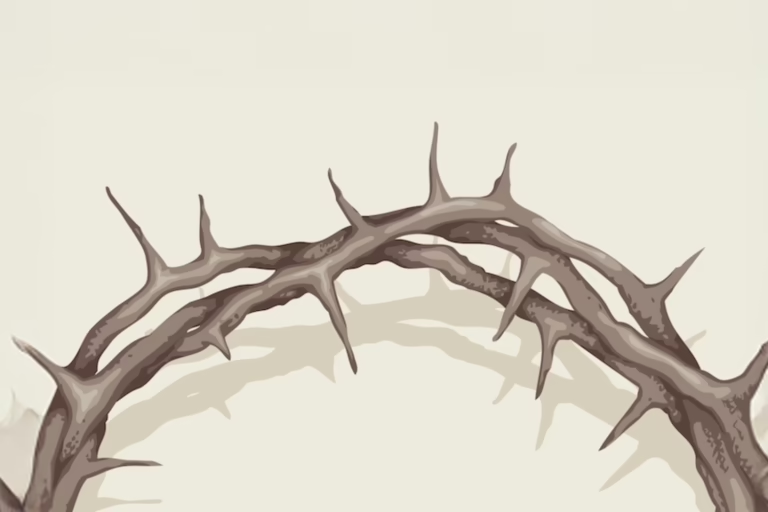Read: 2 Chronicles 36:15-23; Revelation 1:4-5
The LORD, the God of heaven . . . has charged me to build him a house at Jerusalem. (2 Chron. 36:23)
Chronicles is the last book in the Hebrew order of what Christians call the Old Testament. While not using the same images as Revelation (the last book of the Christian Bible), these are the last words in the Hebrew arrangement of the Scriptures.
In 587 BC, the Babylonians came to Jerusalem and destroyed the temple and the political kingdom of David. The Chronicler describes a total war, and the earthly kingdom and priesthood were no more. But then the Chronicler concludes with a note of hope. Jeremiah prophesied about the sabbath provision that the land would rest for “seventy years” (v. 21; see Lev. 26:34-35, 43; Jer. 25:11-12; 29:10). If we count from 586 BC when the conquest was completed to 516 BC when the temple was restored by returning exiles, then the seventy years of sabbath rest were fulfilled. The Lord stirred up the spirit of the foreign and pagan King Cyrus of Persia to allow the Jewish exiles to return to Jerusalem and rebuild the temple (v. 22).
King Cyrus claimed that God gave him all the kingdoms of the earth. But Christians affirm God’s promise in the last book of the New Testament, the Book of Revelation: “Jesus Christ the faithful witness . . . and the ruler of kings on earth” (Rev. 1:5). We feel small in comparison to world forces, but we belong to Jesus Christ “who is and who was and who is to come” (Rev. 1:4).
As you pray, pray the words of the hymn, “Though the wrong seems oft so strong, God is the ruler yet” (“This is My Father’s World”).
About the Author

Kent Fry
Kent Fry is a retired pastor and visiting research fellow at the Van Raalte Institute in Holland Michigan. He and his wife Joyce are active members of Second Reformed Church in Zeeland, Michigan. Kent is an active cyclist, and he and Joyce enjoy time with their children and grandchildren.
- Kent Fry#molongui-disabled-link
- Kent Fry#molongui-disabled-link
- Kent Fry#molongui-disabled-link
- Kent Fry#molongui-disabled-link

